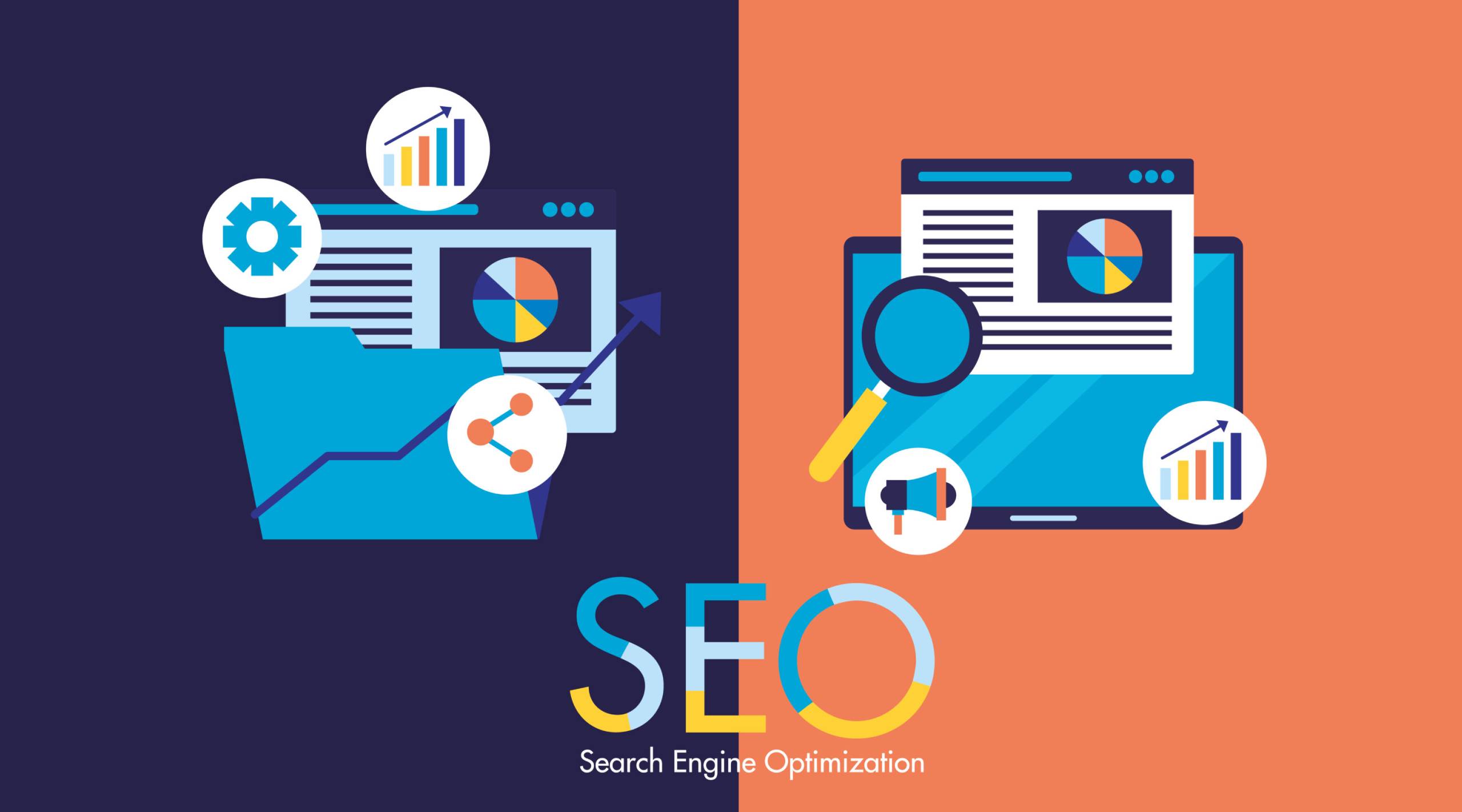In the ever-evolving world of digital marketing, Search Engine Optimization (SEO) remains one of the most crucial strategies for driving organic traffic and building online visibility. But SEO isn’t just one tactic—it’s a blend of several components. Among the most foundational are On-Page SEO and Off-Page SEO.
Understanding the difference between these two branches is essential for crafting a comprehensive SEO strategy that gets results. In this blog post, we’ll explore the definitions, key elements, and strategic roles of On-Page and Off-Page SEO to help you leverage both effectively.
What is On-Page SEO?
On-Page SEO in Dubai, UAE refers to all the actions you take directly within your website to improve its ranking in search engine results. This includes optimizing both the content and the source code of a page to enhance its visibility for local and global audiences.
Essentially, On-Page SEO is about making your website both user- and search-engine-friendly.
Key Components of On-Page SEO
-
Content Quality
-
High-quality, original content that is valuable to users is the foundation of On-Page SEO. Google rewards content that thoroughly answers search intent.
-
Using well-researched keywords naturally and strategically throughout your content also plays a significant role.
-
-
Title Tags
-
The title tag is one of the most important on-page ranking factors. It appears in the browser tab and search engine results, so it needs to be both keyword-optimized and compelling.
-
-
Meta Descriptions
-
While meta descriptions don’t directly affect rankings, they influence click-through rates. A clear, concise, and enticing meta description can encourage users to click your link.
-
-
Header Tags (H1, H2, H3, etc.)
-
Proper use of headers helps structure content, making it more readable and easier for search engines to crawl.
-
-
URL Structure
-
Short, descriptive, and keyword-rich URLs are more favourable in search rankings. For instance, www.example.com/seo-tips is better than www.example.com/page?id=123.
-
-
Internal Linking
-
Linking to other relevant pages within your site improves navigation, distributes page authority, and helps search engines understand site structure.
-
-
Image Optimization
-
Using descriptive alt text and compressing image sizes ensures fast loading times and accessibility, both of which impact rankings.
-
-
Page Speed
-
Fast-loading websites improve user experience and are favoured by search engines. Tools like Google Page Speed Insights help identify areas for improvement.
-
-
Mobile Friendliness
-
With mobile-first indexing, having a responsive design that functions well on all devices is a necessity.
-
-
Schema Markup
-
Implementing structured data helps search engines understand your content better and can enhance listings with rich snippets.
-
What is Off-Page SEO?
Off-Page SEO in Dubai, UAE involves all the actions taken outside of your website to improve your rankings in search engine results. It primarily focuses on enhancing your website’s authority, trustworthiness, and relevance in the competitive Dubai digital market.
The primary goal of Off-Page SEO is to increase your website’s domain authority and credibility in the eyes of search engines like Google.
Key Components of Off-Page SEO
-
Backlinks
-
Arguably the most important aspect of Off-Page SEO. Links from reputable websites serve as “votes of confidence” for your content.
-
Quality matters more than quantity. A single link from a high-authority domain can have a bigger impact than multiple links from low-quality sources.
-
-
Social Signals
-
While not a direct ranking factor, high engagement on social platforms can drive traffic to your site and increase visibility, indirectly impacting SEO.
-
-
Brand Mentions
-
Even without a direct backlink, being mentioned by reputable sites or influencers contributes to your site’s trustworthiness.
-
-
Guest Posting
-
Writing quality articles for other websites can help you earn backlinks and introduce your content to new audiences.
-
-
Influencer Marketing
-
Partnering with influencers who promote your content or website can lead to more traffic and links.
-
-
Local SEO Citations
-
For local businesses, listing your website on platforms like Yelp, Google Business Profile, and other local directories improves visibility in local search.
-
-
Forum Participation and Q&A Sites
-
Participating in niche-relevant communities like Reddit, Quora, or specialized forums can help establish authority and build referral traffic.
-
-
Press Releases and Public Relations
-
Good PR can lead to backlinks from high-authority news outlets and boost your brand’s recognition.
-
Key Differences Between On-Page and Off-Page SEO
Aspect |
On-Page SEO |
Off-Page SEO |
|---|---|---|
| Location | Actions taken on your own website | Actions taken outside your website |
| Control | Fully under your control | Not fully under your control |
| Focus | Optimizing content, HTML, UX, etc. | Building authority and trust |
| Primary Techniques | Content, meta tags, internal links, speed | Backlinks, social media, PR |
| Goal | Improve relevancy and user experience | Improve credibility and popularity |
Why You Need Both for a Winning Strategy
Some marketers mistakenly focus solely on either On-Page or Off-Page SEO. But true SEO success comes from a synergy between the two.
-
On-Page SEO in Dubai, UAE ensures that your site is technically sound and your content is aligned with what your audience is searching for.
-
Off-Page SEO in Dubai, UAE ensures that the rest of the internet is pointing to your site as a trusted resource.
Think of On-Page SEO as the foundation of a house and Off-Page SEO as the curb appeal and word-of-mouth recommendation. Without a solid foundation, no amount of external praise will make the house stable—and without external recommendations, the house won’t attract visitors.
Conclusion
The digital landscape is fiercely competitive, and understanding the difference between On-Page and Off-Page SEO can make or break your search engine performance. Each plays a critical role in boosting your visibility and drawing more qualified traffic to your site.
A well-rounded SEO strategy should not choose between On-Page and Off-Page—it should embrace both. Focus on creating outstanding content, optimizing your website experience, and building meaningful connections and authority across the web.
SEO is a marathon, not a sprint. With consistent effort on both fronts, you’ll see sustainable growth and long-term success in search rankings.
To discuss your project with our experts Call Us or Whatsapp and Email us at info@zwebsolution.com for more information.







